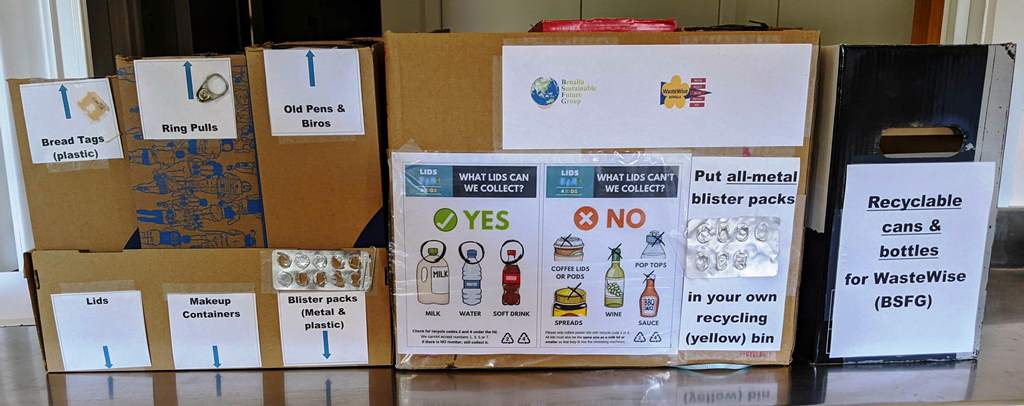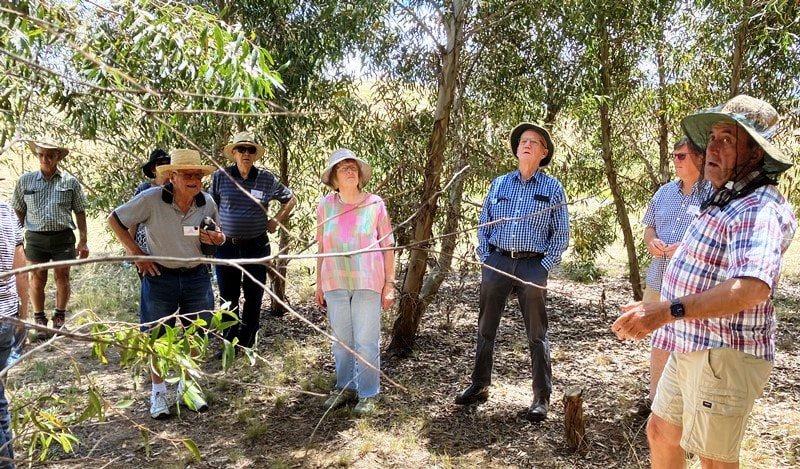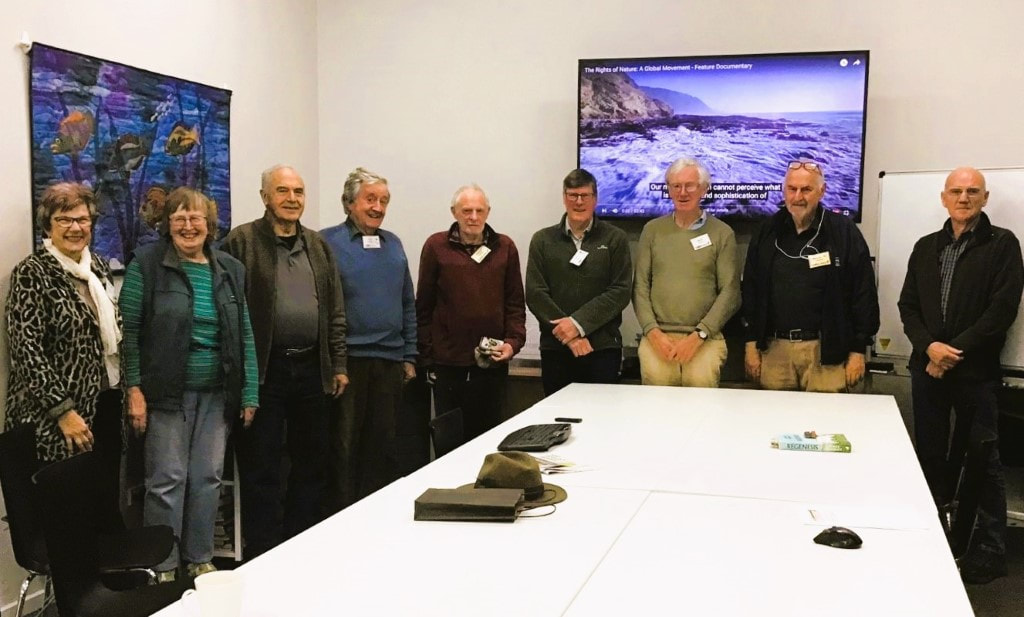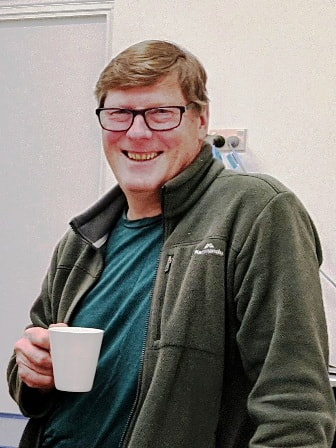The Conversation 8 July – Antarctic ice self-collapse
ABC news 9 July – Overseas buyers looking to Australian gas producers
The Conversation 9 July 24 – EV's ‘rescue’ the grid
ABC News 12 July 24 – How best to dismantle redundant oil/gas rigs in Bass Strait
ABC News 16 July 24 – China’s race to install renewables
ABC News 16 July 24 – Managing nuclear waste from Lucas Heights
Some interesting reading for a cold wintery weekend!






